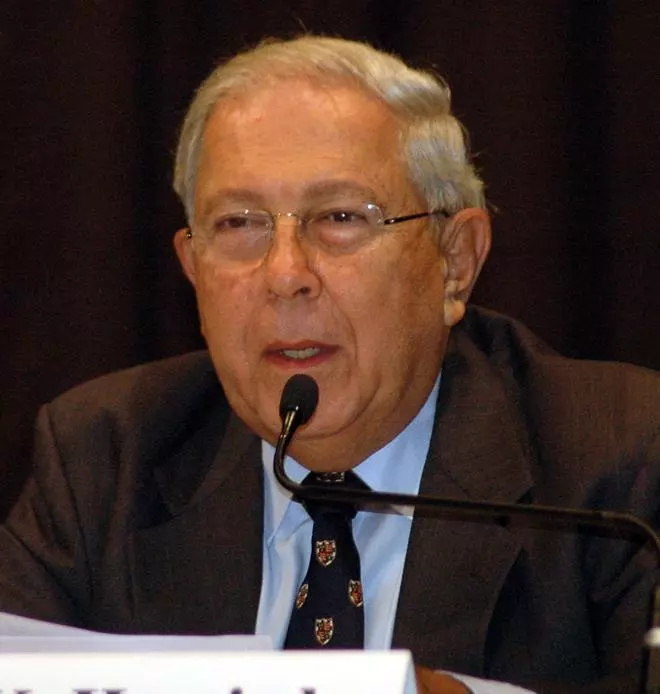As suitors reportedly emerge to buy-out Cipla promoter’s stake in the company, industry-insiders point to the drugmaker’s reputation in supplying affordable medicines across the world, and the need to keep that legacy.
The story of Cipla is different from a regular private equity (PE) buyout of promoters, undertaken usually for the promoter family to cash-out or if there are no successors to run the company, says a veteran industry-watcher.
While there is little clarity on the timing of these PE overtures, the veteran points out Cipla has been a forerunner in putting India on the pharmaceutical map, when it provided AIDS drugs in Africa for less than a dollar a day.
Recounting the dramatic event, Cipla doyen Dr YK Hamied had told businessline, “My life has not been the same from February 2001.”. Cipla had offered the triple-drug combination Triomune, at less than $ 1 a day, about $350 annually. This, when the multinational price on the combined three drug therapy was about $12,000 per year.
Dr YK Hamied, a second-generation entrepreneur, powered ahead with the affordable drugs pathway for the company, started by his father during India’s freedom movement. And for that reason, a Cipla-watcher hoped, the funds from the proposed sale are put in a Cipla trust, that would continue to support efforts to provide affordable medicines across the world. Possibly like the Wellcome Trust, he points out, where the support to research continues beyond the family, even as the pharmaceutical business (part of GlaxoSmithkline now) continued on its own path.
Succession plan
Varghese Thomas, Partner with JSA, observed that it was common in such situations for a different succession plan to be in place, with respect to ownership and management.
“Management of the business may be handed over to an outside or internal professional while ownership may still be structured (eg. by way of a trust) to be retained by the next generation. This way the economic benefit of the business is still retained by the next generation.” Cipla has a professional management in place, for several years now.
Takeover stories have swirled around Cipla, even when Dr Hamied was at the helm. But they increased in frequency after he retired as Managing Director in March 2013. The 87-year-old Dr Hamied has always batted for the domestic pharmaceutical industry, campaigning for a level playing field and against patent-linked monopolies.

Dr YK Hamied, Chairman & Managing Director, Cipla Ltd | Photo Credit: SHASHI ASHIWAL
Cipla had addressed the succession question, when the promoters undertook an exercise possibly to stave off takeover bids. The exercise ended with Dr Hamied’s niece Samina Hamied (daughter of MK Hamied), being appointed to the board of directors in July 2015.
Cipla is tightlipped on news reports naming Blackstone, Baring Asia etc, as possible suitors. Currently, Cipla promoters hold 33.47 per cent stake, and if indeed PEs pick up the entire stake, that could trigger a process for a handover of controls.
Not surprising then, that Senior Congress leader Jairam Ramesh tweeted, “Cipla is an integral part of India’s political, economic and social history and its impending takeover by Blackstone should sadden all of us.”







Comments
Comments have to be in English, and in full sentences. They cannot be abusive or personal. Please abide by our community guidelines for posting your comments.
We have migrated to a new commenting platform. If you are already a registered user of TheHindu Businessline and logged in, you may continue to engage with our articles. If you do not have an account please register and login to post comments. Users can access their older comments by logging into their accounts on Vuukle.